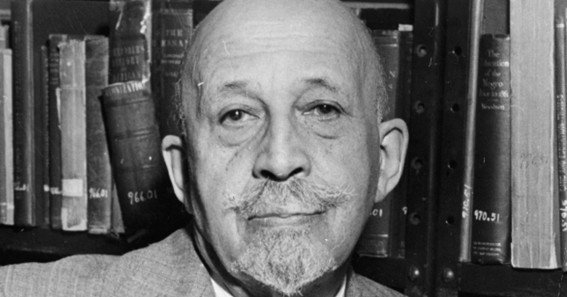For enthusiasts and scholars of American history and civil rights, the term signature classics w.e.b du bois resonates deeply as a tribute to one of the most influential intellectuals of the 20th century. This blog delves into the essence of what might be embraced as a “signature classics” collection dedicated to W.E.B Du Bois, examining his legacy, groundbreaking contributions, and how his ideas continue to inspire modern cultural and academic dialogue.
The Enduring Legacy of W.E.B Du Bois
W.E.B Du Bois was a pioneering sociologist, historian, and civil rights activist whose work shaped discussions on race, equality, and social justice. His seminal writings, such as The Souls of Black Folk, remain cornerstones in American literature and sociology. Du Bois was not only one of the founding members of the NAACP but also a profound voice in advocating for the rights and dignity of African Americans. Over the decades, his ideas have transcended generations, earning him a permanent place among history’s intellectual giants.
What “Signature Classics” Could Represent
The concept of signature classics w.e.b du bois typically invokes a collection or anthology that embodies the timeless wisdom and enduring relevance of Du Bois’s work. Such a collection might include:
-
Key Writings: Reprints or modern editions of his most influential texts.
-
Lectures & Recorded Speeches: Archival recordings that capture his oratory and intellectual vigor.
-
Scholarly Analyses: Contemporary commentaries and academic research that reinterpret his contributions in today’s context.
-
Cultural Tributes: Multimedia projects that celebrate his life and work, ensuring his legacy endures in popular culture.
This anthology is more than a mere collection—it is a testament to Du Bois’s significant role in championing civil rights and setting the stage for future social justice movements.
Exploring the Signature Classics W.E.B Du Bois Collection
A Multifaceted Tribute
A Signature Classics collection dedicated to W.E.B Du Bois might serve as a multi-platform archive that not only preserves historical documents and recordings but also offers interactive content for a modern audience. Key components could include:
-
Digital Archives: Online repositories that host scanned documents, photographs, and personal papers of Du Bois.
-
Audio-Visual Materials: Curated recordings of his lectures and interviews that give life to his dynamic personality and eloquent advocacy.
-
Interactive Exhibits: Virtual tours and digital timelines that trace his life, highlighting key events and milestones.
-
Educational Resources: Lesson plans, essays, and video commentaries designed to engage students and researchers with his ideas.
By melding historical preservation with modern technology, such a collection makes the legacy of W.E.B Du Bois accessible to new generations, ensuring that his profound insights into race, society, and democracy remain in the public discourse.
FAQ
-
Q: Who was W.E.B Du Bois?
A: W.E.B Du Bois was an influential American sociologist, historian, and civil rights activist known for his seminal works like The Souls of Black Folk. He played a crucial role in shaping civil rights discourse and was a founding member of the NAACP. -
Q: What does the term “signature classics w.e.b du bois” refer to?
A: The term suggests a curated collection of key texts, recordings, and scholarly works that encapsulate the enduring legacy of W.E.B Du Bois. It represents a tribute to his most important contributions to literature, sociology, and civil rights. -
Q: How has W.E.B Du Bois influenced modern social justice movements?
A: His theories on race, identity, and systemic inequality continue to influence academic research and policy discussions. Modern social justice movements often draw upon his analysis of oppression and advocacy for equality to frame their arguments and strategies. -
Q: Where can I find works or recordings related to W.E.B Du Bois?
A: Many universities, libraries, and cultural institutions maintain digital archives and collections of W.E.B Du Bois’s works. Additionally, some publishers and record labels have curated special collections under the “Signature Classics” theme to celebrate his legacy. -
Q: Why is W.E.B Du Bois considered a “classic” figure in American history?
A: Du Bois is regarded as a classic figure because his work fundamentally altered the understanding of race relations in America and offered deep insights into the struggles for equality. His intellectual contributions and lifelong commitment to social justice have cemented his place in history.










